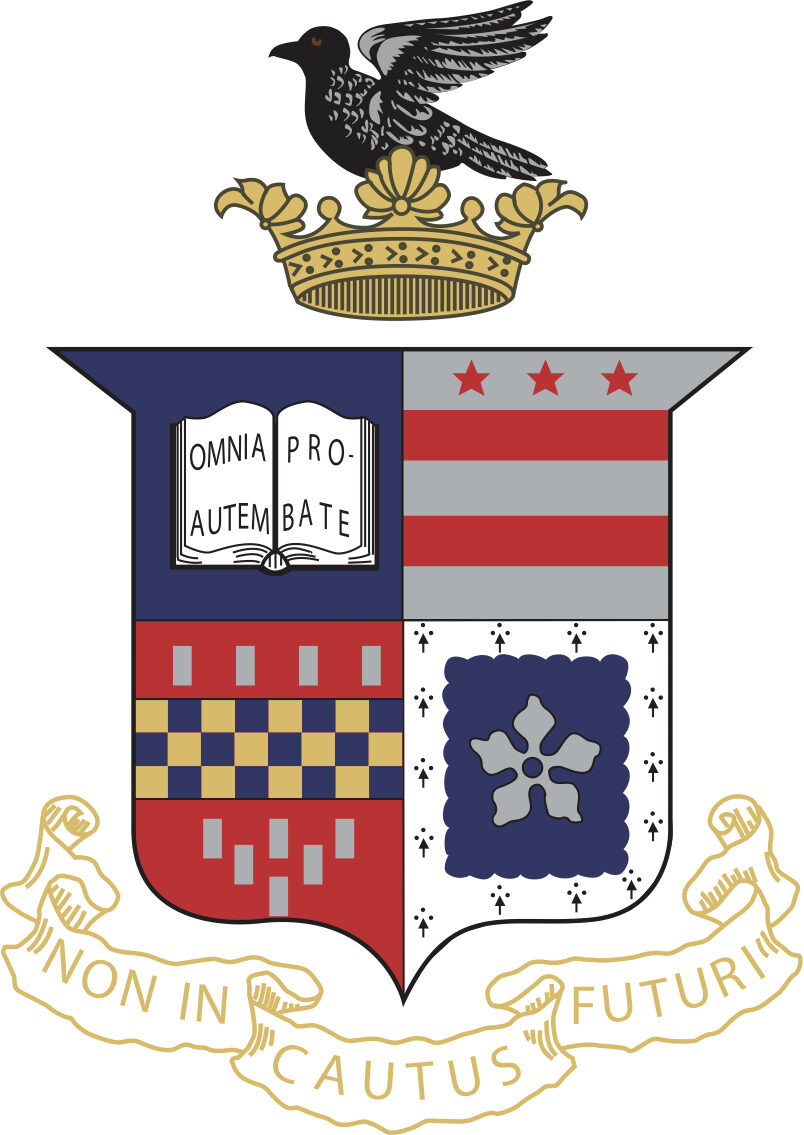Influential theories of law have celebrated judicial reason-giving as furthering a host of democratic values, including judges’ accountability, citizens’ participation in djudication, and a more accurate and transparent decision-making process. This Article has two main purposes. First, it argues that although reason-giving is important, it is often in tension with other values of the judicial process, such as guidance, sincerity, and efficiency. Reason-giving must, therefore, be balanced against these competing values. In other words, judges sometimes have reasons not to give reasons. Second, contrary to common intuition, common law and civil law systems deal with this tension between reasons for and against reason-giving in increasingly similar ways.
By combining theories of democratic legitimacy with empirical, doctrinal, and historical evidence of judges’ concrete reason-giving practices in the United States and Europe, the Article argues that rather than being in opposition, these two legal cultures are converging toward a common methodology. No longer can it be assumed that civil law judges and common law judges are on opposite ends of the spectrum.
